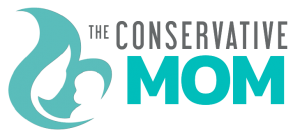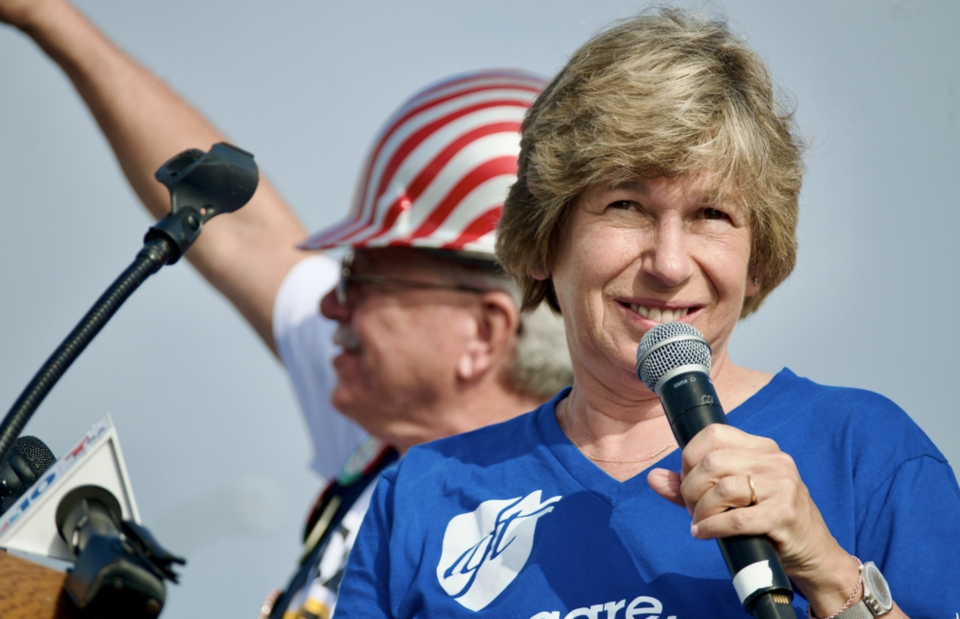Randi Weingarten, President of the American Federation of Teachers (AFT), recently sparked controversy by asserting that school choice initiatives “undermine democracy.” In her remarks, captured in a video, Weingarten lambasted former White House Education Secretary Betsy DeVos, journalist Christopher Rufo of City Journal, and prominent school choice advocate Corey DeAngelis, accusing them of advocating for privatizing schools and thereby, in her view, weakening democratic values.
She contended that these proponents of school choice fail to provide any viable solutions beyond advocating for privatization or the introduction of vouchers, which, according to her, pose a threat to democracy, civil discourse, and diversity, given that the majority of students—around 90 percent—attend public schools. Weingarten’s remarks centered on her belief that such advocacy aims to divide and polarize communities.
Weingarten specifically highlighted Christopher Rufo and Corey DeAngelis, urging the audience to remember their names in connection to school choice efforts, implying that their influence might be detrimental to the education system. This stance was met with critique, notably from Georgia state Rep. Mesha Mainor, who recently switched from the Democratic Party to the Republican Party. Mainor vehemently disagreed with Weingarten, asserting that school choice does not erode democracy but rather supports students by offering alternatives to failing schools, enabling them to learn, grow, and succeed.
Weingarten’s statements have drawn attention to her previous involvement in discussions with the Centers for Disease Control and Prevention (CDC) during the pandemic, where she acknowledged proposing “concepts” regarding accommodations for teachers amidst school closures. She disclosed her direct communication with the former CDC Director Rochelle Walensky, raising questions about the extent of influence the teachers’ union exerted on pandemic-related educational decisions.
The clash between advocates for school choice and those aligned with public education reveals the deep-seated ideological divide concerning the best approaches to education in the United States. Weingarten’s assertions against school choice have ignited debates on whether such alternatives indeed undermine democratic values or, conversely, offer crucial options for students in an increasingly diverse educational landscape.

